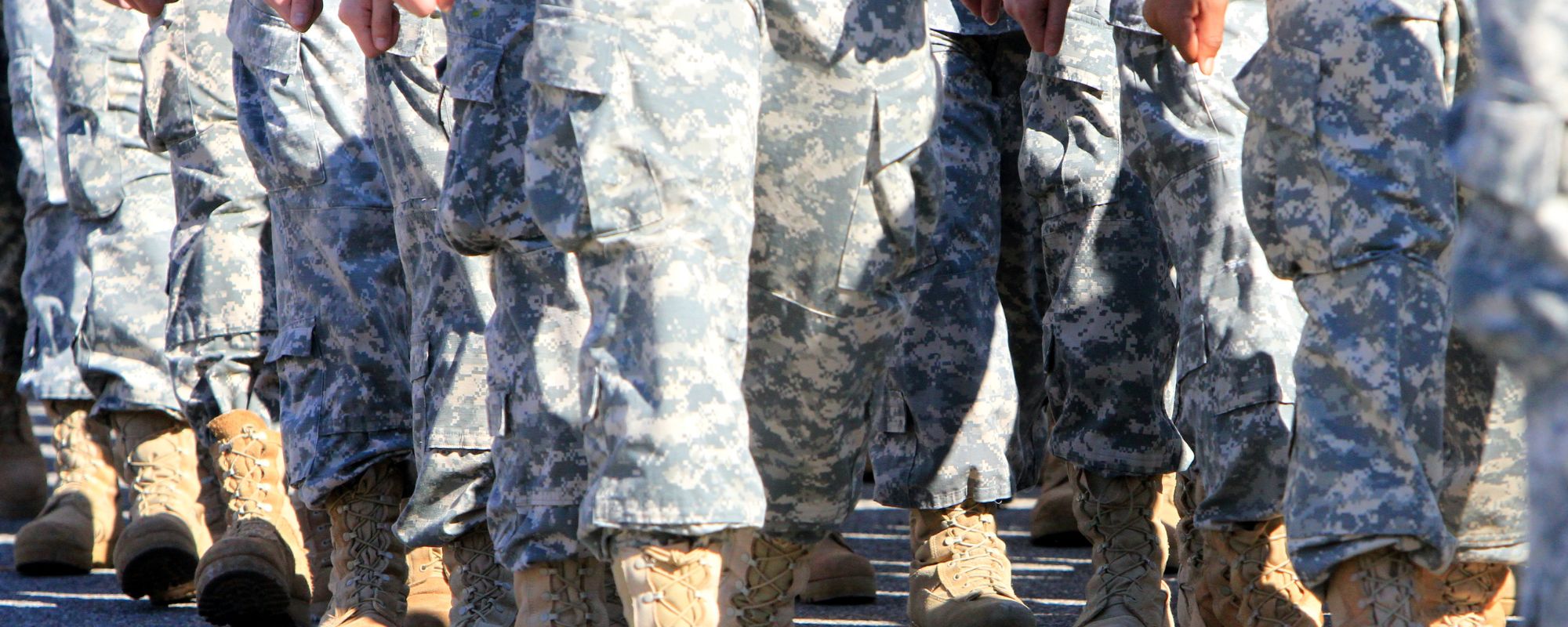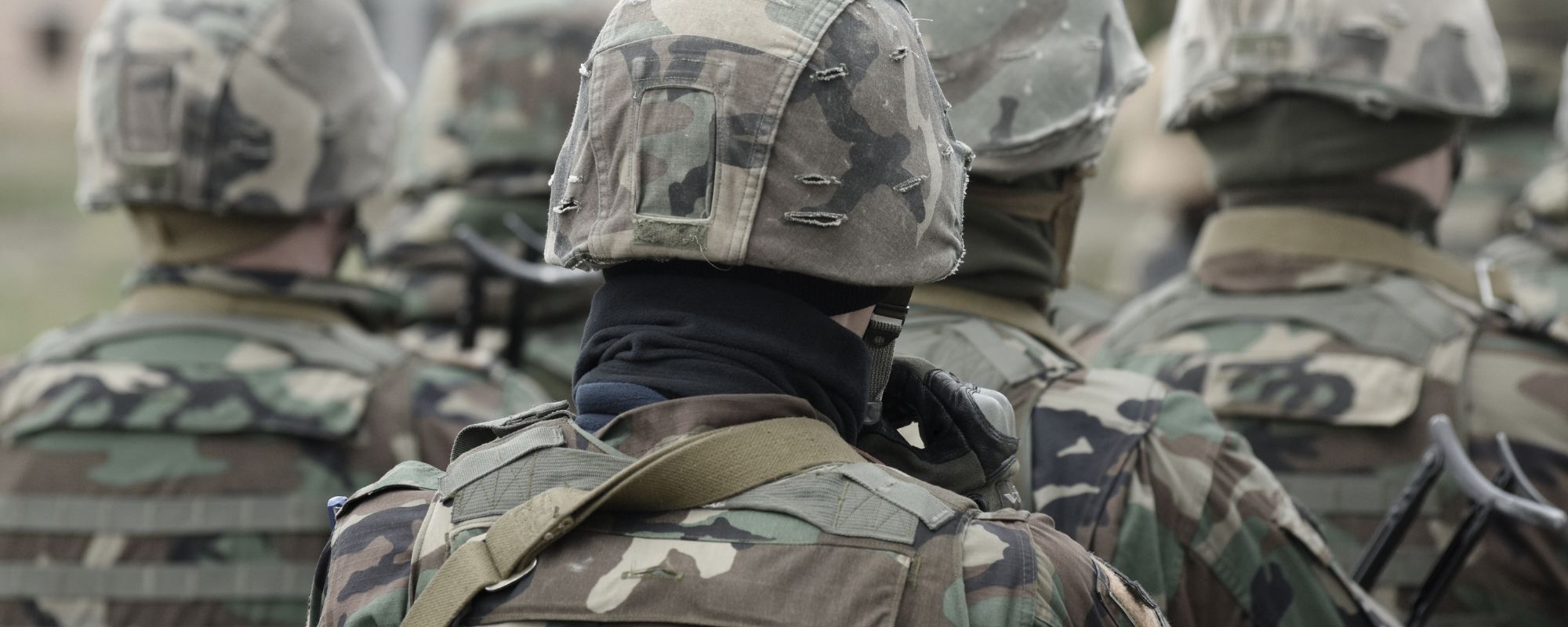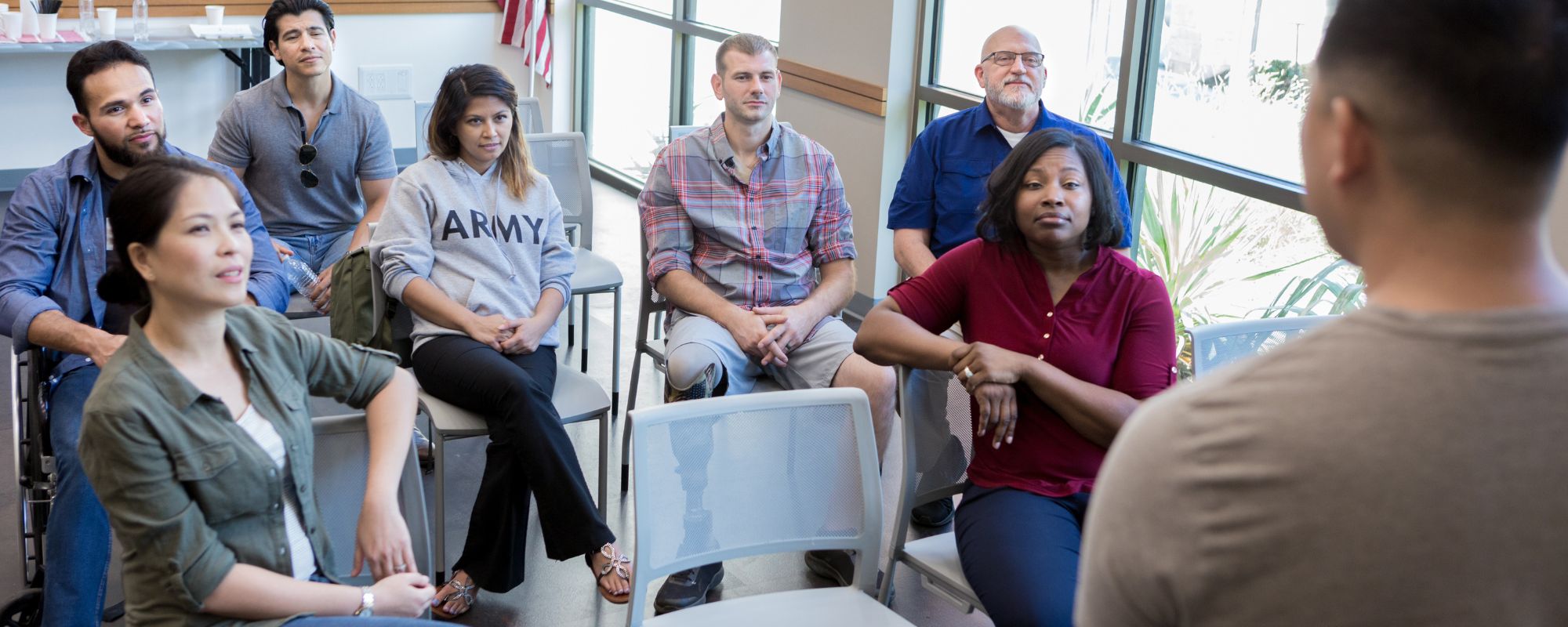Transitioning from military service or first responder duty back into civilian life can be one of the most challenging experiences for Veterans and First Responders. After years of rigorous discipline, structured routines, and high-stakes environments, the shift to a less regimented lifestyle often brings unexpected struggles, especially when coping with PTSD, addiction, or both.
At Aliya Veterans, we understand the unique challenges that come with this transition. Our specialized PTSD and addiction recovery programs are designed specifically for Veterans and First Responders, combining research-based therapies with a deep respect for the strength and resilience developed in service.
The Challenge of Civilian Life After Service
Military and first responder life demands a particular mindset—one of resilience, mission focus, teamwork, and adaptability. However, these strengths can sometimes feel out of place in civilian settings. The lack of structure, different social dynamics, and the everyday stressors of civilian life may trigger feelings of isolation, anxiety, or depression. For many, these feelings can lead to substance use as a way to self-medicate, complicating the healing process.
Leveraging a Military Mindset for Recovery
While the transition is difficult, the military mindset that was once relied on for survival can become a powerful asset in recovery and reintegration. Here’s how:
- Discipline and Routine
The habits of discipline and maintaining routines can be redirected towards healing. Establishing daily practices like attending therapy sessions, practicing mindfulness, or engaging in physical activity helps rebuild stability and control.
- Mission Focus
Just as in service, recovery is a mission—one that requires commitment and perseverance. Setting clear goals, such as achieving sobriety or managing PTSD symptoms, and breaking them into manageable steps mirrors military planning and execution.
- Teamwork and Support
No mission is accomplished alone. Group therapy and peer support at Aliya Veterans provide a “unit” atmosphere where Veterans and First Responders encourage and hold each other accountable. Building connections reduces isolation and fosters trust.
- Adaptability
The ability to adapt to changing situations, honed in the field, is crucial when navigating the unpredictable path of recovery. Learning new coping skills and adjusting to new roles in civilian life requires this same mental flexibility.
Get confidential help from our addiction and mental health treatment facilities located across the United States. Call to join one of our quality programs today!
Speak With Our Admissions Team
How Aliya Veterans Supports Your Transition
At Aliya Veterans, our programs are tailored to meet the distinct needs of those who have served. We combine trauma-informed care for PTSD with addiction treatment approaches that recognize the physical and psychological aspects of recovery. Our services include:
- Individual and group therapy focused on PTSD and substance use disorders
- Research-based therapies such as Cognitive Behavioral Therapy (CBT), Dialectical Behavior Therapy (DBT), and Eye Movement Desensitization and Reprocessing (EMDR)
- Peer support groups to build camaraderie and trust
- Medication management is appropriate when it stabilizes symptoms
- Life skills coaching to assist with employment, housing, and reintegration challenges
The Importance of Getting Help for PTSD and Addiction
Seeking professional help for PTSD and addiction is essential—not only to manage symptoms but to improve overall mental health and quality of life. Many Veterans and First Responders face barriers during the transition to civilian life, including navigating health insurance, finding military-friendly programs, and adjusting to a new set of rules outside the chain of command. Without support, these challenges can feel overwhelming, increasing the risk of relapse or worsening mental health conditions.
Aliya Veterans recognizes that recovery isn’t just about treating symptoms—it’s about preparing for a sustainable future. Whether you’re an active duty service member leaving the military, a recent veteran, or part of the National Guard, our programs include life counseling and family life counseling designed to support not just you but your military family and military spouse. For many, reintegrating means managing personal finances, pursuing a college degree, or exploring new career paths beyond the military structure. Rehabilitation programs help build crucial skills and a positive mindset that make these transitions smoother.
Looking for quality treatment for substance abuse and mental health that’s also affordable? Aliya Veterans treatment facilities accept most major insurance providers. Get a free insurance benefits check now!
Check Your Coverage
How Rehab Skills Support Long-Term Success
The skills learned during rehab go far beyond addiction and PTSD treatment. Veterans learn valuable coping strategies to handle stress, anxiety, and triggers that may arise long after leaving treatment. These include emotional regulation, distress tolerance, and communication skills that enhance both personal and family relationships.
Furthermore, the discipline and project management techniques ingrained during military life are reinforced in rehab, helping with setting goals, maintaining routines, and problem-solving during the military to civilian transition. These skills are transferable to many areas, whether adjusting to a civilian job, engaging in a military spouse transition program, or navigating the Department of Defense resources available for military and family life.
Aliya Veterans is committed to offering a military-friendly environment that understands the unique challenges of military transitioning, where the lessons from the battlefield can be helpful. We help instill life skills, including child care needs and balancing family responsibilities. Our holistic approach ensures you receive comprehensive support—mental health care, addiction treatment, and life skills training—to thrive during this pivotal chapter.
Moving Forward with Strength
Adjusting to civilian life is a journey, and for Veterans and First Responders coping with PTSD and addiction, it can feel overwhelming. But by embracing the military mindset—the discipline, focus, teamwork, and adaptability—you can navigate this transition with resilience and hope.
At Aliya Veterans, you are not alone. Our dedicated team is here to guide you every step of the way, helping you reclaim your life and find success beyond service.
If you or a loved one is a Veteran or First Responder struggling with PTSD or addiction, reach out to Aliya Veterans today. Together, we can turn the lessons of service into the foundation for a healthy, fulfilling civilian life.

David Szarka, MA, LCADC Medical Reviewer
David Szarka, MA, LCADC, reviews and approves our blog content. With extensive experience providing clinical care for those recovering from mental health challenges, David ensures our content is accurate, insightful, and rooted in holistic care.
- Pill Mills: What Veterans Need to Know About a Dangerous Practice - January 28, 2026
- Trauma and Addiction: Understanding the Connection and Paths to Healing - January 27, 2026
- Rehab Centers for Veterans: Healing from PTSD and Addiction - January 26, 2026













